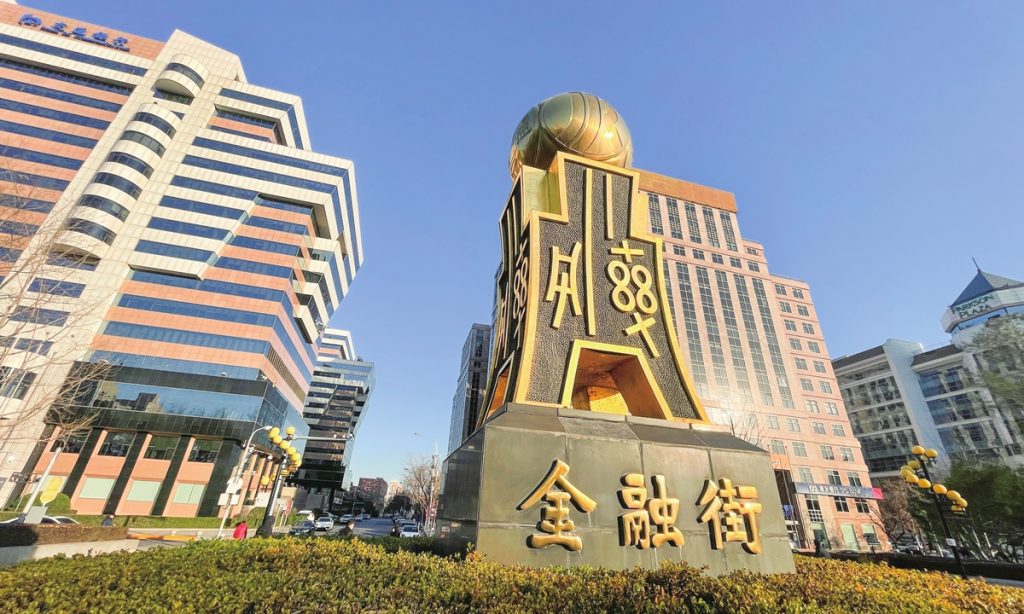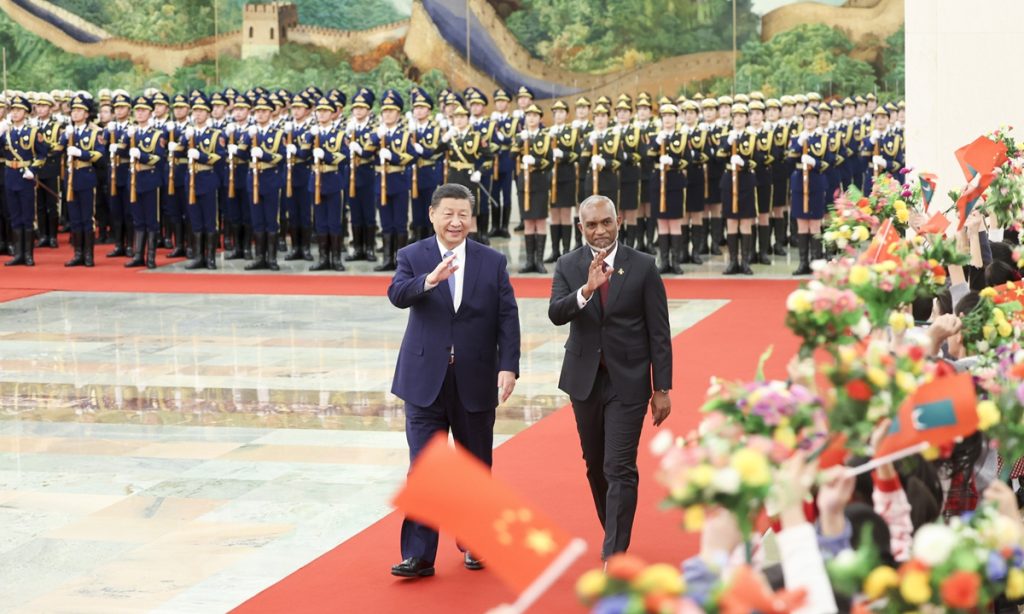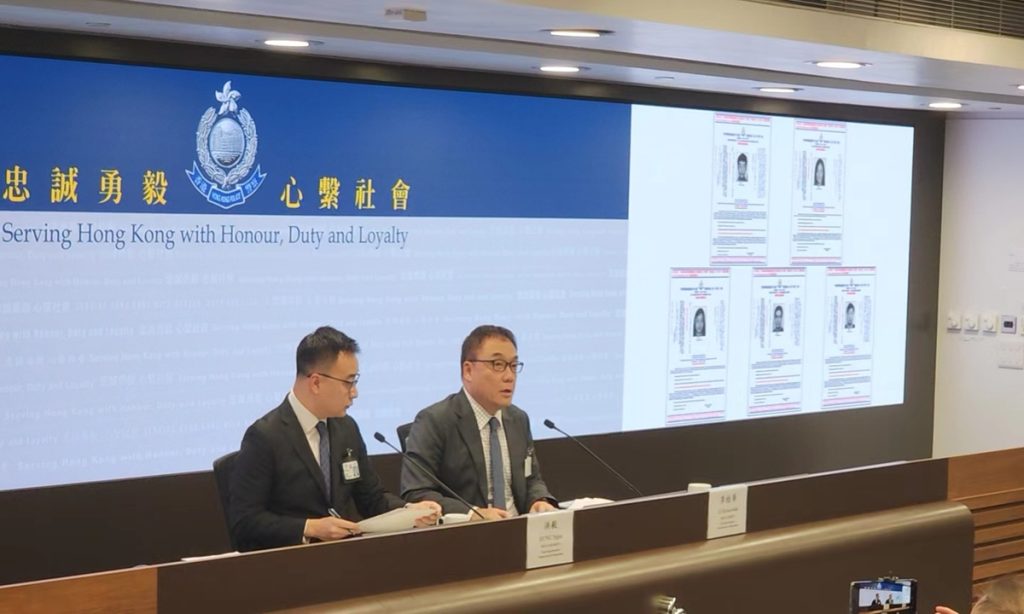Chinese regulators vow ‘all efforts’ to ensure stable capital market

The China Securities Regulatory Commission (CSRC) on Tuesday vowed to make "all efforts" to maintain the stable operation of the capital market, saying that it would put more emphasis on stability and strive to stabilize the market and investors' confidence.
An official from the CSRC also said that the country's top stock market regulators will cultivate long-term and stable investment forces, enrich policy tools to cope with market volatility and guard against risks, according to a media report on Tuesday.
These comments add to growing signals from Chinese officials that they are stepping up efforts to stabilize the capital market amid recent volatility. On Monday, China's State Council, the cabinet, called for drawing more long-term funds into the capital market to boost its inherent stability.
The signals will offer much-needed reassurance for investors that policy measures are expected to be taken to tackle risks in the capital market and ensure overall stability, which will help lift expectations and boost confidence in the capital market, analysts said on Tuesday.
A meeting of the CSRC on Tuesday stressed that the agency will make all efforts to maintain the stable operation of the capital market. It also vowed to vigorously improve the quality and investment value of listed companies and increase the entry of medium- and long-term funds, according to a statement on the commission's website.
Zhang Wangjun, a senior official at the CSRC, said that in terms of stabilizing the market and investors' confidence, the commission will enrich policy tools to cope with market volatility, hedge against risks in a timely manner and firmly hold the bottom line in preventing risks, the Xinhua News Agency reported on Tuesday.
The CSRC will also, along with relevant parties, ensure the continuity and stability of macro policies and industry policies, and avoid introducing policy measures that are not conducive to capital market expectations, in order to stabilize market expectations, according to Zhang.
The remarks from the CSRC come one day after the State Council held an executive meeting to hear reports about the capital market. The meeting stressed that increased medium- and long-term funds should be brought into the country's capital market and the inherent stability of the market should be enhanced.
The meeting also called for crackdowns on illegal activities and more effective measures to stabilize the capital market and boost investors' confidence.
Analysts said that these growing signals from government officials could mean concrete policy measures are forthcoming to tackle risks and challenges, boost investor confidence and ultimately maintain stability in the capital market, amid recent volatility.
"The recent declines in the stock market didn't happen due to major changes in the economic fundamentals, but because of irregular activities that take advantage of pessimistic narratives and market loopholes," Tian Yun, a Beijing-based economist, told the Global Times on Tuesday.
Tian said that this situation isn't in the interests of investors and will have a significant impact on the overall economy. "This is why regulators must step in to maintain financial stability by using targeted funds and closing loopholes that allow short-selling," he said.
While China mounted an impressive economic recovery in 2023, with a GDP growth rate of 5.2 percent for the year, foreign media outlets continue to push negative narratives about the Chinese economy that analysts said have had a negative impact on investors' sentiment, leading to market volatility.
As of Tuesday, the benchmark Shanghai Composite Index had fallen by 6.46 percent so far this year, while the Shenzhen Component Index had lost 8.56 percent.
Amid the downward trend, "restoring investor confidence does require strong policies and large-scale capital inflows to reverse the market's downtrend, so that investors can regain confidence," Yang Delong, chief economist at Shenzhen-based First Seafront Fund Management Co, told the Global Times on Tuesday.
The State Council meeting pointed out that it is necessary to enhance the consistency of macro policy, strengthen innovation and coordination of policy tools, consolidate and enhance the positive trend of the economic recovery and promote the stable and healthy development of the capital market.
Zhang also said that the CSRC will strengthen monitoring of the trading behavior of key investors and severely crack down on illegal transactions such as illegal trading and manipulation, according to Xinhua.







